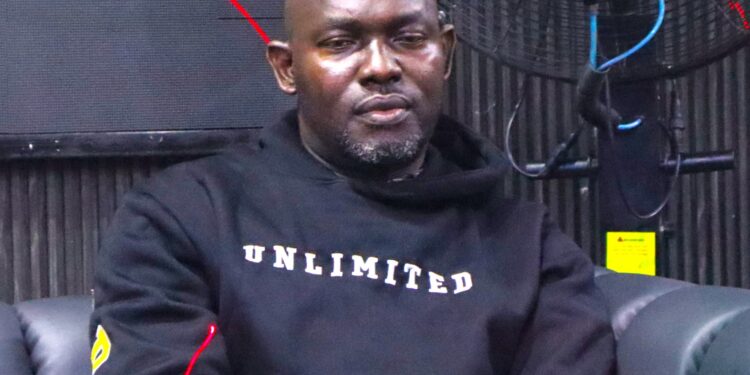
By Ibrahim Kegbegbe
In the intricate web of professional pursuits, every career path—whether law, medicine, aviation, or journalism—comes with its challenges, ethical dilemmas, and inherent uncertainties. A doctor may possess vast medical knowledge yet remain powerless in the face of an untreatable illness. A lawyer may defend a seemingly airtight case, only to see justice take an unexpected turn. A pilot, despite rigorous training, still relies on factors beyond control for a safe flight. Similarly, a journalist operates within the ethical constraints of truth-telling and impartiality, knowing that their work shapes public opinion but may not always bring personal prosperity. Regardless of skill, expertise, or effort, the ultimate determinant of success remains destiny.
As a journalist, my primary duty is to report accurate, factual, balanced, and fair news that informs the public and provides a guide for decision-making. Journalism is a noble profession, rooted in ethical principles that demand impartiality, accountability, and an unwavering commitment to truth. Unlike professions such as law, medicine, or aviation, journalism is not a direct pathway to wealth, and any journalist who seeks to accumulate riches outside the ethical framework of the profession risks tarnishing its credibility.
While I am not a philatelist, I cherish and build relationships outside journalism, especially among professionals in law, medicine, and aviation. Having friends in other professions broadens my understanding of society and allows me to appreciate the different ethical standards that govern various fields. However, my identity remains rooted in journalism—a profession dedicated to public service rather than personal gain.
The ethics of journalism demand objectivity, fairness, and a strict avoidance of conflicts of interest. A journalist must never engage in biased reporting or use their position to solicit personal benefits. The temptation to manipulate narratives for financial gain—such as publishing defamatory content and demanding payment for retraction—is unethical and erodes public trust in the media. True journalism thrives on credibility, not coercion.
Unlike lawyers who can amass wealth through legal practice or doctors who earn substantial income from medical services, a journalist’s financial growth is largely dependent on salaries, awards, and, in some cases, book authorship. Even owning a media organization does not guarantee wealth unless supported by legitimate advertisement revenues and sponsorships. Nevertheless, through divine providence, a journalist may attain financial success beyond expectations without compromising professional integrity.
The limitations of professional influence extend beyond journalism. Having a medical doctor as a close friend does not guarantee immunity from illness. Recent incidents, such as the tragic suicide of a female doctor despite her esteemed position and financial stability, highlight that wealth and professional success do not necessarily equate to happiness. The inscription in doctors’ offices, “We treat, but God heals,” serves as a reminder that ultimate control over health lies beyond human expertise.
Similarly, the legal profession does not always assure victory in court. A Senior Advocate of Nigeria (SAN) may represent a client with compelling evidence, yet the case could be lost due to the complexities of the judicial system. The phrase “justice is blind” signifies the unpredictability of legal outcomes. In high-profile cases, such as that of Nigerian musician Habib Okikiola Omolalomi, popularly known as Portable, legal representation alone could not prevent his run-ins with the law. Despite having access to top lawyers, he faced legal troubles due to his actions.
Additionally, having a pilot as a friend does not translate into free global travel. Aviation, like any other profession, operates within structured regulations and principles. Success in any field is ultimately determined by hard work, ethical conduct, and, most importantly, divine grace.
Journalism, as a profession, offers intellectual fulfillment rather than material wealth. My journey as a journalist is driven by a passion for storytelling, a commitment to truth, and a belief in the power of information to shape society. With faith and perseverance, the realities of intellectual aspirations become tangible achievements, proving that success is not solely defined by wealth but by impact and integrity.

















